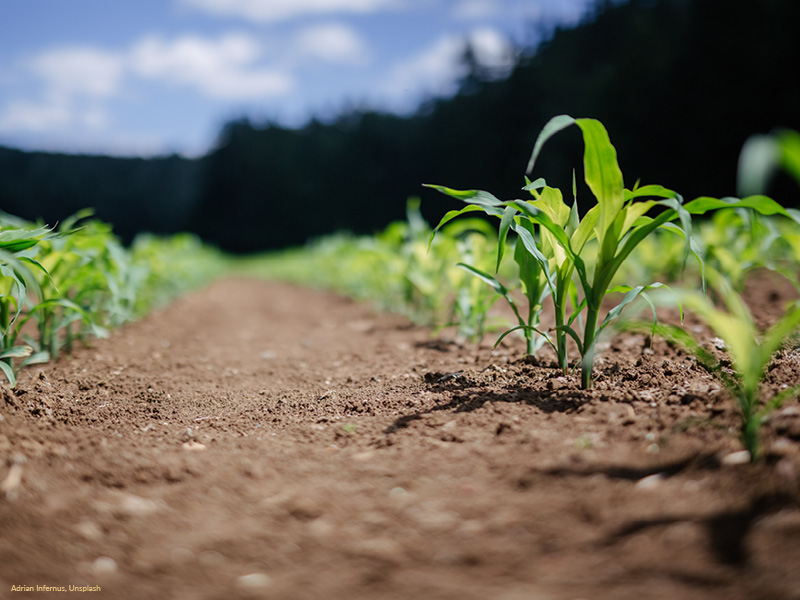Climate impact of carbon efficient forest-based value chains

Biomass can be used as a feedstock for producing renewable fuels and chemicals. The project investigates how forest residues and industrial side-streams can effectively support the phase-out of fossil fuels and mitigate climate change in the energy sector and society. Today’s production technology leads to material losses by carbon dioxide process emissions.
The objective is to evaluate the climate impact of carbon-efficient value chains, including measures such as electrification and carbon capture and storage, within both existing forest industries and new biorefineries.
The project will employ climate impact assessments and techno-economic analysis to provide decision-makers with a comprehensive understanding of the climate and cost implications of these resource efficient forest value chains. The goal is to support decision-making processes regarding the role of forest biomass in transforming and growing the bioeconomy in fields such as R&D, policy-making, and investments.

Olivia Cintas Sanchez
RISE Research Institutes of Sweden

olivia.cintas@ri.se
Project information
Participants
RISE
Chalmers University of Technology
Time schedule
October 2023 - September 2025
Total cost of project
1 499 886 SEK
Swedish Energy Agency project number
2023-00834
More projects

Intensive forest biomass harvest and need for nutrient compensation – new knowledge for guidelines for sustainable biomass utilisation
To meet a future fossil-free bio-based economy utilisation of forest biomass will have a leading role. Available forest biomass depends on available…
Manager: Ulf Sikström
Ongoing

Biogas Scenarios
Biogas is associated with several benefits, that can support a societal transition towards a circular economy with reduced climate impacts. The national…
Manager: Thomas Hans-Martin Magnusson
Ongoing

Pulping of waste wood
In the time when the awareness of the biomass as a limited resource drives the efforts to increase resource efficiency (in the…
Manager: Merima Hasani
Ongoing


